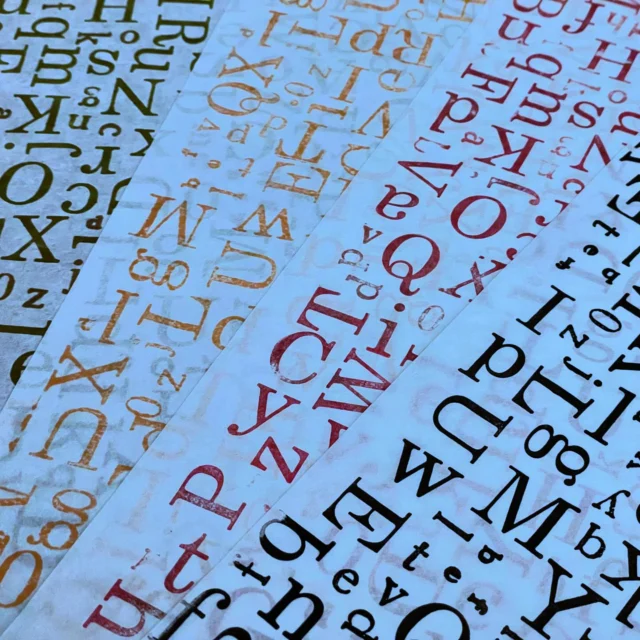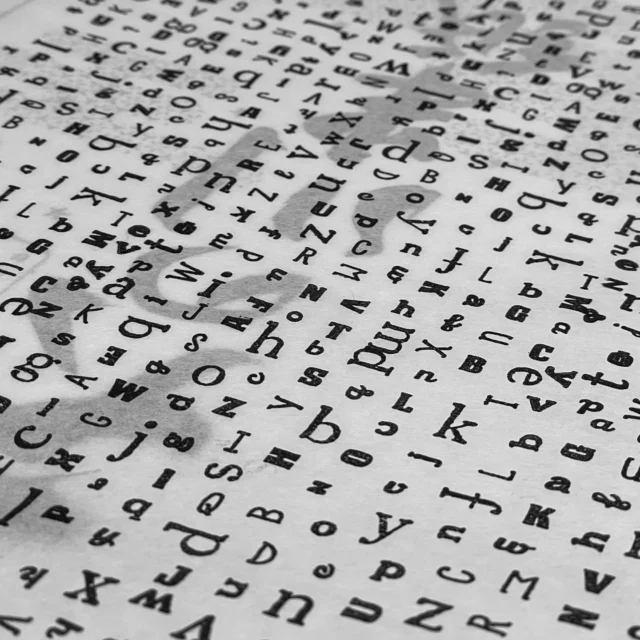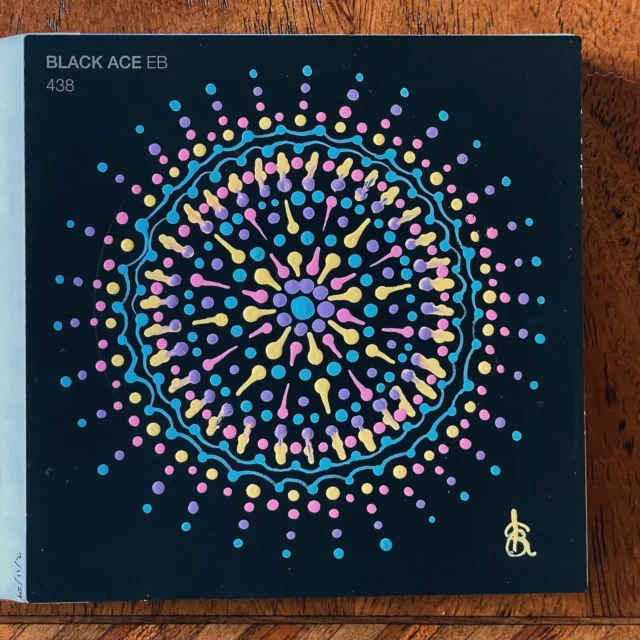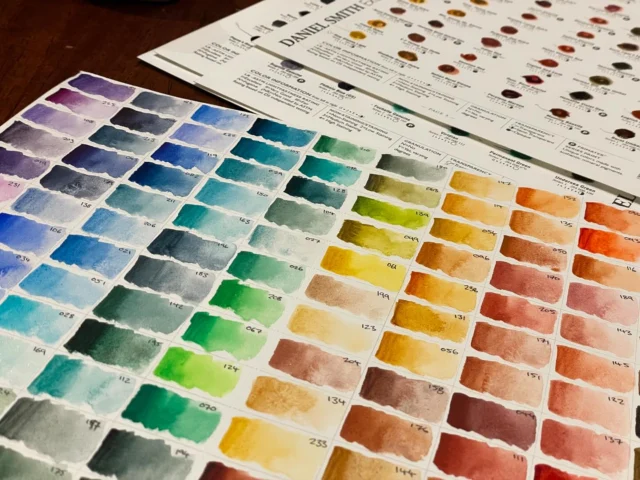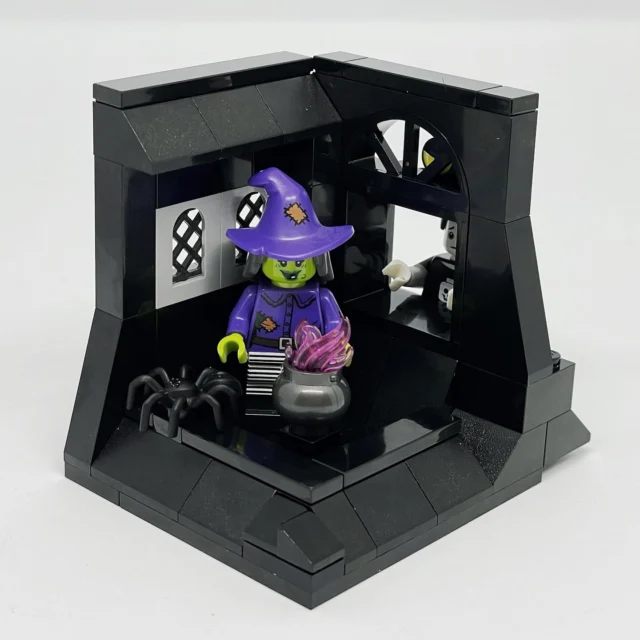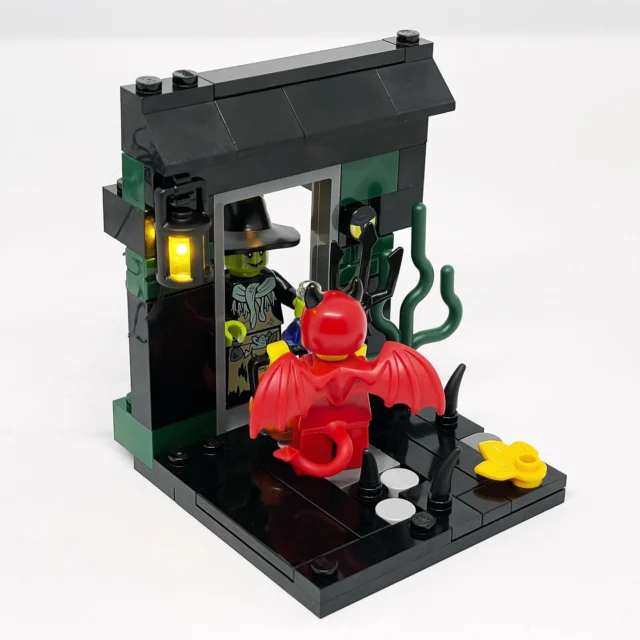Mum sent me another part of her story for Breast Cancer Awareness month. It’s about something that I had not heard about and I’m sure many people are not aware of the ongoing problems cancer and surgery can cause.
Mum writes:
Since writing My Story, there has been an interesting development. My hubby and I went away for a few days. I awoke on the first morning of our break with an extremely sore and sensitive upper right arm. At first, I didn’t know what to think it was, and then it hit me, “I wonder if it is the beginnings of lymphoedema?”
I recalled a few years ago that I had an extremely sensitive forearm, and when I later mentioned it to my doctor, she said that if it happened again to get on to antibiotics straight away.
Of course, being in a ‘strange’ place, I didn’t quite know what to do. I went to the local pharmacist and spoke with him. When I said that we were going home in a couple of days, he said he was sure it would be okay until then. However, over night it had really troubled me and the next day it was feeling worse, with some pins and needles in my fingers, so I trundled off to the local medical centre. The doctor was not certain, but as a precaution started me on a course of antibiotics.
I recall when I first heard about lymphoedema at a support group meeting after my surgery (it is something that doctors seem reluctant to tell you about!), and mentioned it to my husband, he broke down and said that he thought “it” was all going to be over at the end of treatment. I must say, the possibility of getting lymphoedema was something that I was quite conscious of for some time after my treatment, but with the passing of time, it has tended to go from my mind.
Two days before I had these symptoms, I was filling up watering cans and putting weed killer on the lawns (a large area), waving my (right) arm from side to side to spread the liquid as far as possible. The thought did go through my head as to whether I should be doing it or not, but I have done quite a lot of reasonably heavy carrying over the last few years without ill effect.
Anyway, I still don’t know for sure whether it is a sign of lymphoedema, but it certainly is a warning, and I am going to take more care in future. Once again, like checking one’s breasts, it is not something to become complacent about!
So what is Lymphoedema?
I was really impressed with the Lymphoedema Association of Australia website, see there for more detail.
Lymph noun a colourless liquid containing white blood cells, that bathes the tissues and drains through the lymphatic system into the bloodstream.
Oedema (also edema) noun a condition characterised by an excess of watery fluid collecting in the cavities or tissues of the body.
The lymph system is made up of vessels similar to our blood vessels, but they contain a clear liquid that doesn’t pump around like blood does. They assist in drainage when there’s an excess of water and proteins; for example, after an inflammatory response when you hurt yourself the swelling goes down because things are being drained away. Normally that happens of its own accord, but if the lymphatic system gets blocked it can slow the healing of tissues, become chronically inflamed, produce heat and foster infection.
Symptoms include:
- Pains
- Aching
- Pins and needles
- Heat without redness
- Gradual swelling without pain
Obviously those symptoms may refer to many conditions, in this case ignoring them can lead to more unpleasant consequences.
Primary lymphoedema is caused by too few or non-functioning lymph vessels. Your chance of getting primary lymphoedema is increased by contracting secondary lymphoedema, i.e. improper drainage in one part of your body might lead to problems in another part. After cancer treatment secondary lymphoedema may be induced by: surgery, removal of lymph nodes or cutting of lymph vessels; radiotherapy, which can kill lymph vessels.
Diagnosis and treatment
In 90% of cases lymphoedema can be diagnosed by your doctor according to your symptoms and history. For more difficult cases CT scans and lymphoscintigraphy can be used.
There are several facets of treatment and the LAA runs courses teaching therapists about the treatments. Mum’s doctor didn’t know of any lymphoedema specialists in their area and sent her to a physiotherapist. I hope that the physio will be able to teach mum some techniques for keeping any lymphoedema occurrences under control.
So it turns out that there’s more to Breast Cancer than cancer itself. As if that wasn’t bad enough! I guess this is a case where we want to support research. If we can find less damaging methods of treatment then we can reduce these secondary effects.

